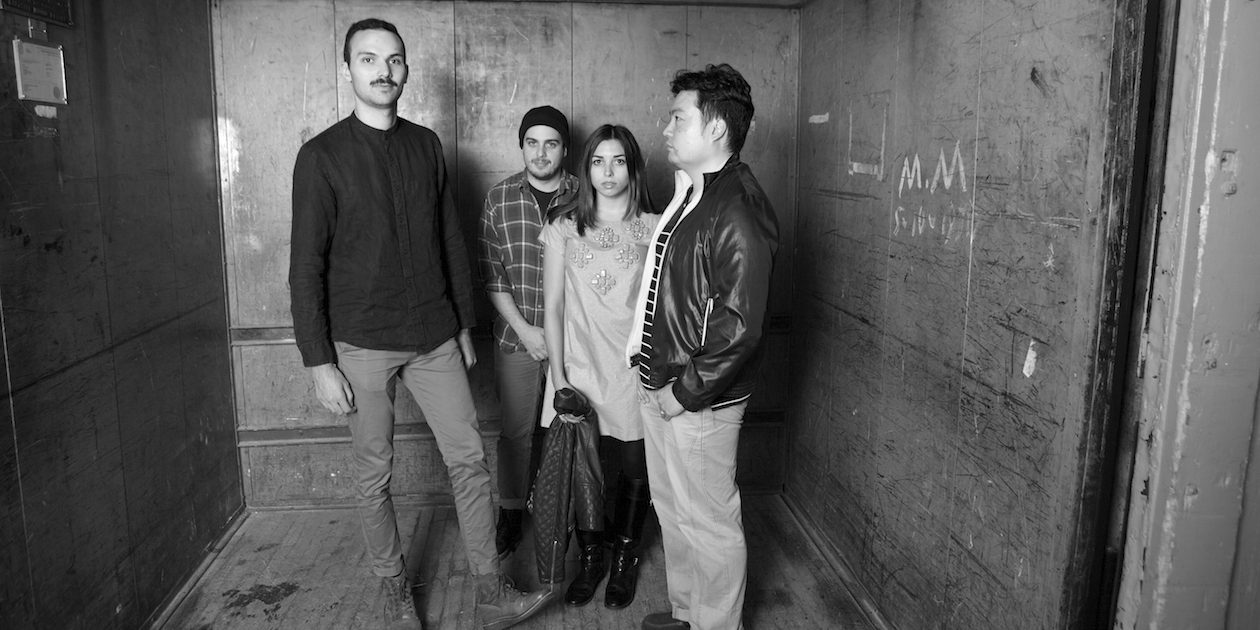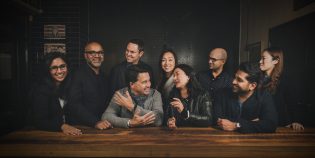Mass Minority, an 18-month-old Toronto shop constructed around the art of socially led storytelling, has added a new chapter to its own tale with four new hires, new client wins and a planned U.S. expansion.
The new hires include brand architects Jake Prapavessis and Paolo Campisi, as well as media technologist Jerry Teo and content creator Roya Hakami. The hires bring Mass Minority’s staff count to nearly 30, up from just six when it first launched.
Prapavessis is a trained industrial designer who joins Mass Minority from brand management consultancy Jackman Reinvents, while Campisi was most recently in account service at J. Walter Thompson Canada.
Mass Minority president and chief creative officer Brett Channer told Marketing he was looking to hire from outside traditional agencies as much as possible in an effort to avoid what he described as “legacy” mindsets.
“I’m not hiring experience, I’m hiring mindsets, ambition and belief systems,” said Channer. The Mass Minority staff, he said, has an average age of about 25, compared with 30+ for traditional agencies.
Employing younger staff has benefited the agency by making it more “organically oriented” around key social media channels, said Channer. “I’m adapting their lifestyle in the workplace, not the workplace into their lifestyle,” he said.
The brand architect roles filled by Campisi and Prapavessis reflect Mass Minority’s goal of working with clients on more of a consulting level than traditional agency partners, getting into what Channer called the “bones” of a brand’s business problems.
“It’s a fundamentally different role that is something you’d find in a consulting company [rather] than an ad firm,” he said. “It’s fundamental to how we hire [and] if people don’t understand and embrace it, then they have no value to us.”
Teo’s professional career has included stops in both Asia and North America, and features experience in digital and media technology agencies and startup environments. He was most recently with Vibes Communications in Singapore.
Hakami boasts what Mass Minority described as a “deep understanding” of social media, with an ability to craft content for both the traditional push media world, as well as the “pull” media world embodied by social.
Channer said the new hires (as well as upcoming hires) reflect a combination of organic growth from existing clients, as well as some new client wins including Bench Breweries and the U.S. firm Sommetrics. Next year the agency plans to announce two new clients, one in retail food and the other in what Channer described only as “large home goods.”
The agency has also been working with a U.S. consultant for the past several months to best determine how to move into that market. Channer said the goal was to be operating in the country by the end of 2017, though it’s still unclear if clients would be serviced out of Toronto or via a U.S. office (Channer said the latter is more likely).
Mass Minority’s clients share a common belief about being positive contributors to society, said Channer, a trait that aligns with the agency’s goal of helping its clients be fully transparent.
“We seem to be really focused on the influence channels, and brands that behave best in those channels are those that have values people can attach themselves to, and aren’t so dependent on exposure rates to be successful,” he said.
Channer formed Mass Minority because he felt traditional full-service agencies had become too invested in protecting the status quo. “I have a belief that the broadcast media of the world, although still incredibly valuable and meaningful, doesn’t have the influence it used to,” he said. “I believe there’s an opportunity to help brands become more influential in the media that has currency, like mobile and social media, and turn that into a robust opportunity.”
He said was becoming increasingly easy to convince clients of the merits of the approach, particularly as both the risk and the associated costs of an influencer-led approach are considerably lower than that of traditional media.











